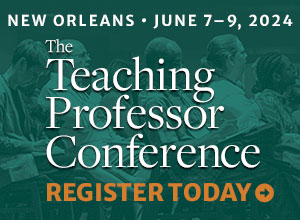Designing Effective Assessments: Q&A with Trudy Banta
In their new book, Designing Effective Assessment: Principles and Profiles of Good Practice, Trudy Banta, Elizabeth Jones, and Karen Black provide assessment profiles from a wide variety of institutions and units. In advance of her online seminar titled Principles and Profiles of Good Practice in Assessment. Dr. Banta answered questions about the book and some of the topics she will discuss next week’s seminar.




